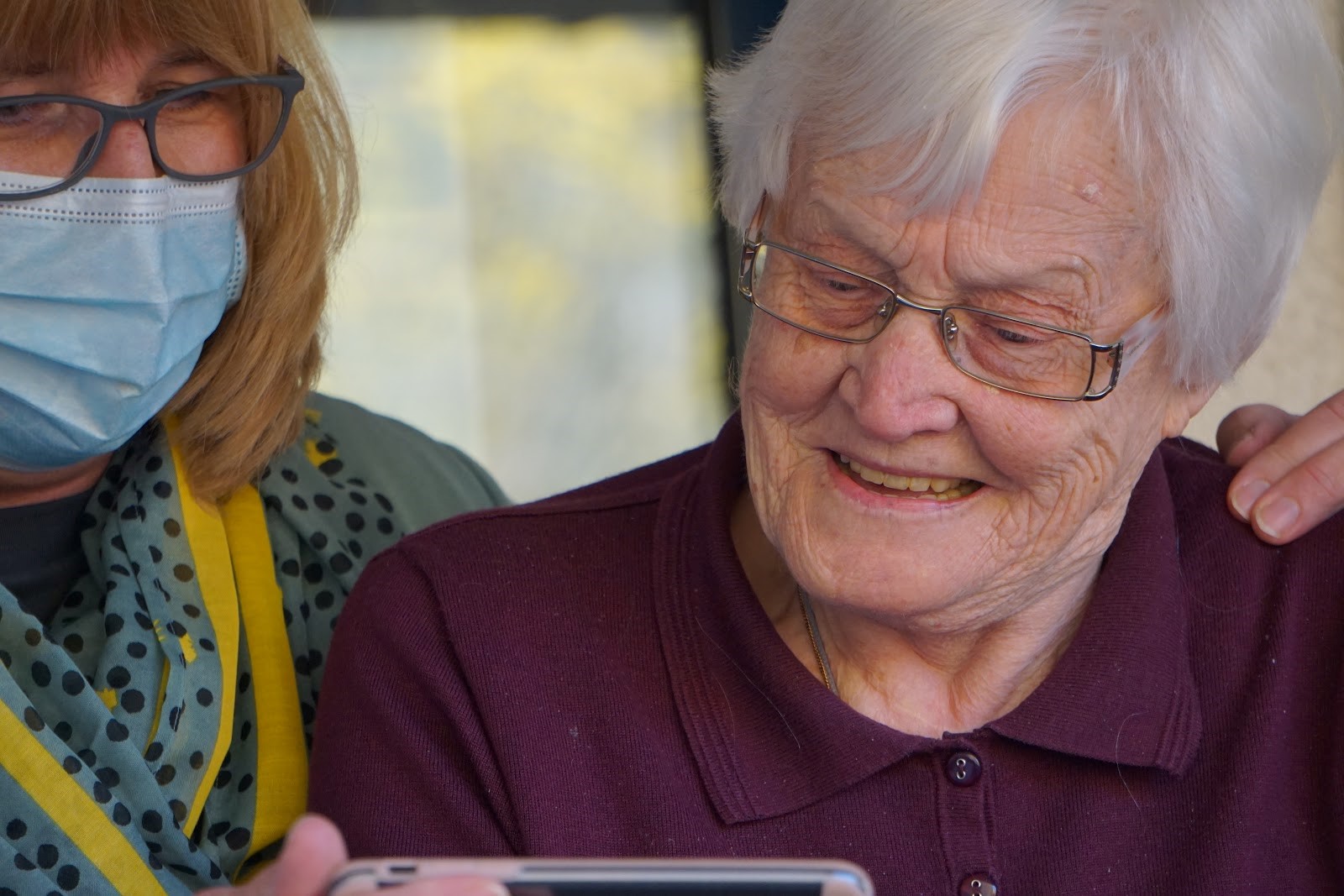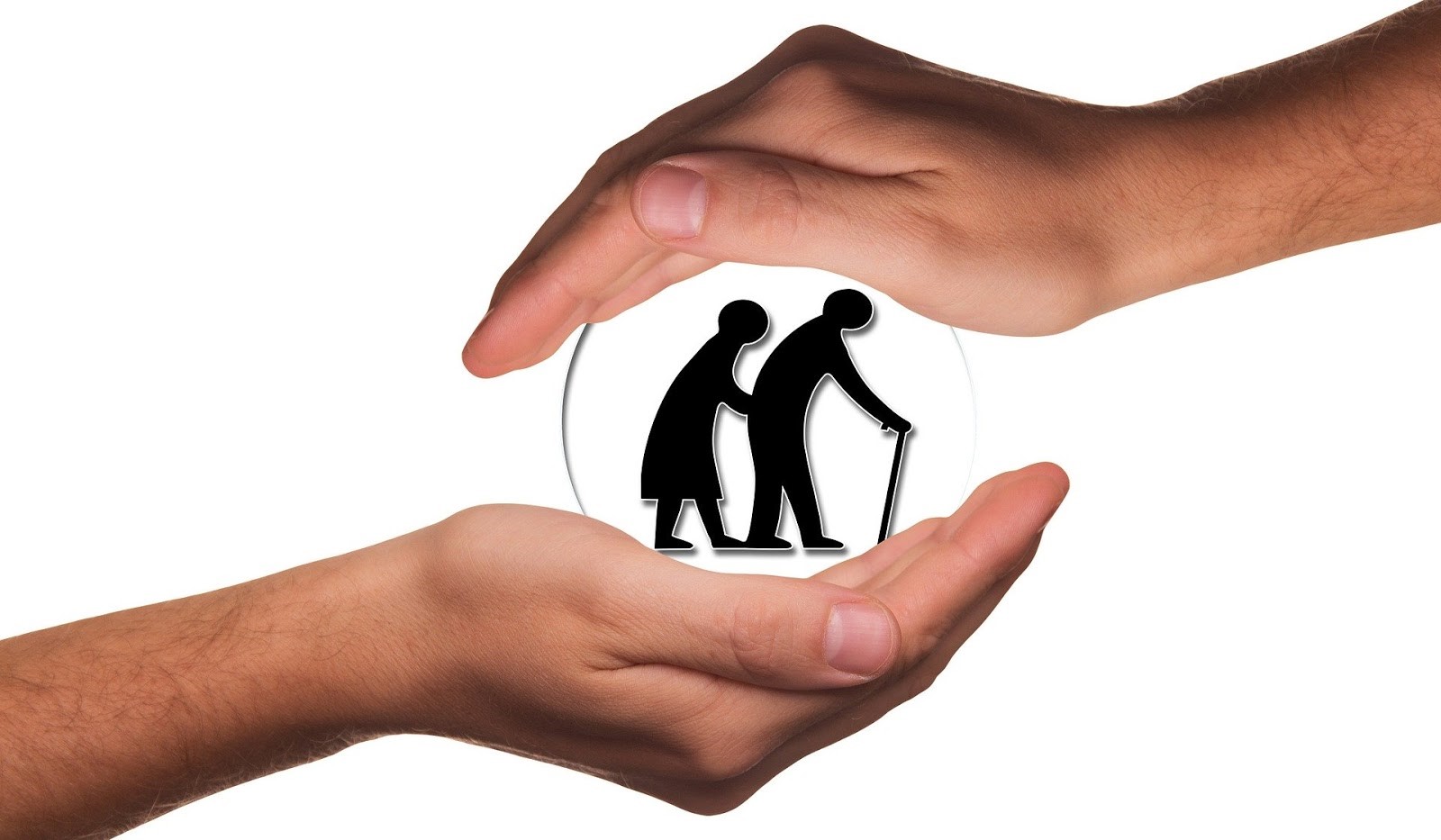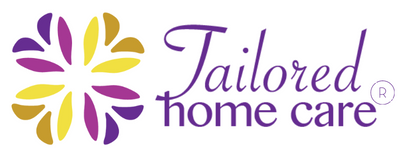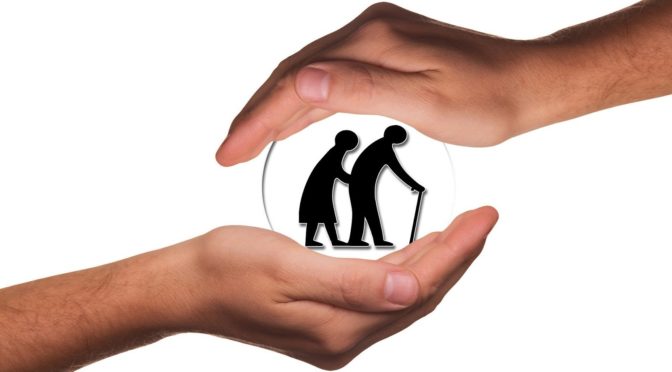The COVID-19 pandemic has made some families opt to move their elderly loved ones out of the nursing home and back home to a safer environment.

We’re living in strange, uncertain times during the coronavirus pandemic. And while the typical household may feel like it’s been turned on its head, there’s another growing concern that’s adding another layer of complexity for families: deciding whether to leave a loved one in a nursing home or bring them home.
Are Nursing Homes Safe During the COVID-19 Pandemic?

Reports of nursing homes becoming overwhelmed by the coronavirus span across the country demonstrate how easily the virus can spread within a facility. As many as 7,000 deaths have already occurred in nursing homes as a direct result from COVID-19, as nursing homes serve as “an incubator for the virus,” as reported by The Guardian.
Several factors contribute to this risk. In many cases, nursing home employees work at more than one facility, which fuels the spread between care centers. A recent CNN report notes that some nursing homes tend to lack effective infection control precautions and don’t always have enough staff to care for patients and try to identify and isolate those who contract COVID-19.
And while closing off facilities to outside visitors may be a step in the right direction when it comes to protecting physical health, the deeper mental and emotional health impact of being distanced from family adds yet another challenge for people to overcome.
As a result, families are concerned about whether elderly nursing home residents are safe within their facilities or if transitioning home would be a better option.
Setting the Stage for Success After a Nursing Home Stay

Remember that your loved one isn’t in a nursing home because they want to be there. Families choose nursing homes because a loved one has certain needs that must be attended to. It’s important to consider those unique needs when bringing an elderly family member home to ensure they have everything they need to keep them safe, comfortable, and cared for.
Let’s look at a few things you can prioritize at home to prepare your loved one for the transition before they discharge:
Work with Home Health to Get Equipment
Home health agencies offer rental equipment for home use, such as hospital beds, wheelchairs, walkers, over-the-bed tables, toilet seats, lifts, and ramps. Most companies will deliver these supplies to your home and help with setup.
The best practice is to arrange for this equipment before your loved one is discharged. This way, they’ll have everything they need to make a smoother transition with no gaps in their needs.
Secure a Home Care Service
Home care services like Tailored Home Care work with families of varying specialized care needs. Some of our clients need 24/7 care, while others prefer weekly visits to provide family members with respite. Your loved one’s needs will depend on the type of home care you’ll request. Home Care Agencies can provide companionship, bathing, light housekeeping, meal preparation, medication reminders and transportation. If your loved one needs overnight care, home care agencies can provide caregivers to reduce falls and assist to the bathroom safely.
Consider Dietary Needs
Nursing homes have dieticians on staff that create nutritiously balanced meals based on your loved one’s health needs. When they leave the nursing home, that responsibility will fall to you.
Ideally, you can work with a nutritionist in your area to create healthy meals for your loved one. You can also ask the nursing home before discharge about any special dietary needs. For example, if your loved one has had a heart attack or has diabetes, he or she may need to avoid certain foods. A home care agency can work with your family to grocery shop and safely prepare nutritious meals.
Also, some foods that you might enjoy without risk could increase the risk of food poisoning for your elderly loved one.
Remove Rugs and Other Fall Hazards
When bringing a loved one into the home, it’s important to identify any hazards that could prevent them from getting around or that might pose a safety risk. Slips, trips, and falls are among the most common risks for elderly in the home. Removing rugs as well as repairing any doorway thresholds or edges of carpet that might be coming loose or sticking up can substantially reduce this risk.
Eliminating clutter, cords, and low furniture can also help to prevent falls. Create wide, open walkways so that walkers or other assistive devices can easily pass through. Add adequate lighting to each room so that your elderly loved one can see where they’re going. Install grab bars in the shower, near the toilet, near the bed, and anywhere else they might need assistance.
If possible, give your loved one a room on the ground level so they won’t have to navigate the stairs.
Look Into Community Support Programs
Your local community may offer support programs to help families who are caring for an elderly loved one. You may be able to get help with transportation, meal prep, nutrition counseling, or respite care. Programs can vary by area, so do a little research to see what’s available.
Get Support From Family and Friends
Bringing a loved one home from the nursing home can be a challenging time for everyone, including your loved one. It’s okay to ask for help from other family members or friends so that you’re not shouldering the burden alone. It takes a lot of work and planning to make a home safe and comfortable, along with providing the care your loved one needs once they’re discharged.
How Tailored Home Care Can Help with a Nursing Home Transition

Coronavirus and elderly care are top concerns among families with loved ones in a nursing home—and for good reason. If you’re considering bringing your loved one home from the nursing home, here are a few ways we can help:
Our specialized services include everything from transportation and meal preparation and planning to round-the-clock care and respite care. We work with families on a case-by-case basis to tailor the right approach to home health care so that your loved one is safe, comfortable, and as healthy as possible. Our team of skilled caregivers can assist with daily living activities like bathing, dressing, and eating, as well as provide companionship and engagement so that you can keep working or caring for other family members while knowing your elderly loved one is taken care of. We work hand in hand with Home Health and Hospice agencies to facilitate transfers home, equipment and can act as an advocate for your loved one.
Bringing your loved one home is the safest option—contact Tailored Home Care and let us help ease the transition home.
Sources
https://www.nytimes.com/2020/04/17/us/coronavirus-nursing-homes.html
https://commhealthcare.com/healthy-foods-seniors-should-avoid/
https://www.cnn.com/2020/04/24/us/nursing-homes-coronavirus-invs/index.html
https://www.latimes.com/california/story/2020-04-01/coronavirus-nursing-home-outbreak-family-fears


